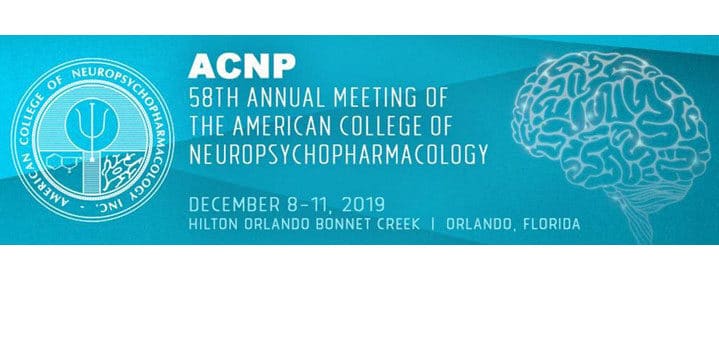Compass Pathways, a mental health care company, has reported that its COMP360 (psilocybin) was well-tolerated when administered to healthy adult volunteers with support from specially trained therapists in a randomised placebo-controlled trial by King’s College London.
The results from the phase I study, including data on safety and the feasibility of simultaneous 1:1 administration, were presented last night at the annual meeting of the American College of Neuropsychopharmacology (ACNP). Psilocybin is an active ingredient in so-called “magic mushrooms.”
The study looked at the effects of 10mg and 25mg doses of COMP360, compared with placebo, in 89 healthy volunteers. Doses were administered simultaneously to up to six participants, who then received 1:1 psychological support from an assisting therapist throughout the session, overseen by a lead therapist and study psychiatrist.
Key results:
- There were no serious adverse events
- The majority of adverse events seen with the 10mg and 25mg doses were of the expected psychedelic nature; the most frequent were changes in sensory perception and positive mood alteration
- COMP360 had no negative effects on cognitive and emotional functioning
- The study demonstrated the feasibility of administering COMP360 in a controlled setting to healthy participants with 1:1 therapist support, with up to six sessions running simultaneously
In 2018 Compass received FDA Breakthrough Therapy designation for its programme of psilocybin therapy in treatment-resistant depression. Compass is currently running a phase IIb study across Europe and North America, involving 216 patients who suffer with depression that hasn’t responded to established medications.
Dr Ekaterina Malievskaia, Chief Innovation Officer and Co-Founder, Compass Pathways, said, “This study is part of our overall clinical development programme in treatment-resistant depression; we wanted to look at the safety and tolerability profile of our psilocybin, and to look at the feasibility of a model where up to six 1:1 sessions are held at the same time. We are focused on getting psilocybin therapy safely to as many patients who would benefit from it as possible. We are grateful to the many pioneering research institutions whose work over the years has helped to demonstrate the potential of psilocybin in medicine.”
Dr James Rucker, Consultant Psychiatrist and Senior Clinical Lecturer in Psychopharmacology at King’s College London’s Institute of Psychiatry, Psychology & Neuroscience, and lead investigator of the study, said, “This is the largest controlled study of psilocybin to date. The results of the study are clinically reassuring and support further development of psilocybin as a treatment for patients with mental health problems that haven’t improved with conventional therapy, such as treatment resistant depression.”
About this phase I placebo-controlled trial of COMP360 in healthy volunteers:
In this double-blind, placebo-controlled study, 89 healthy volunteers were randomised in a 1:1:1 ratio to receive 10mg COMP360 (n=30), 25mg COMP360 (n=30), or placebo (n=29), with 1:1 support from a trained assisting therapist during a session lasting about six hours. In total, 25 dosing sessions were completed, with up to six participants per session. The study involved a 12 week follow-up period.

